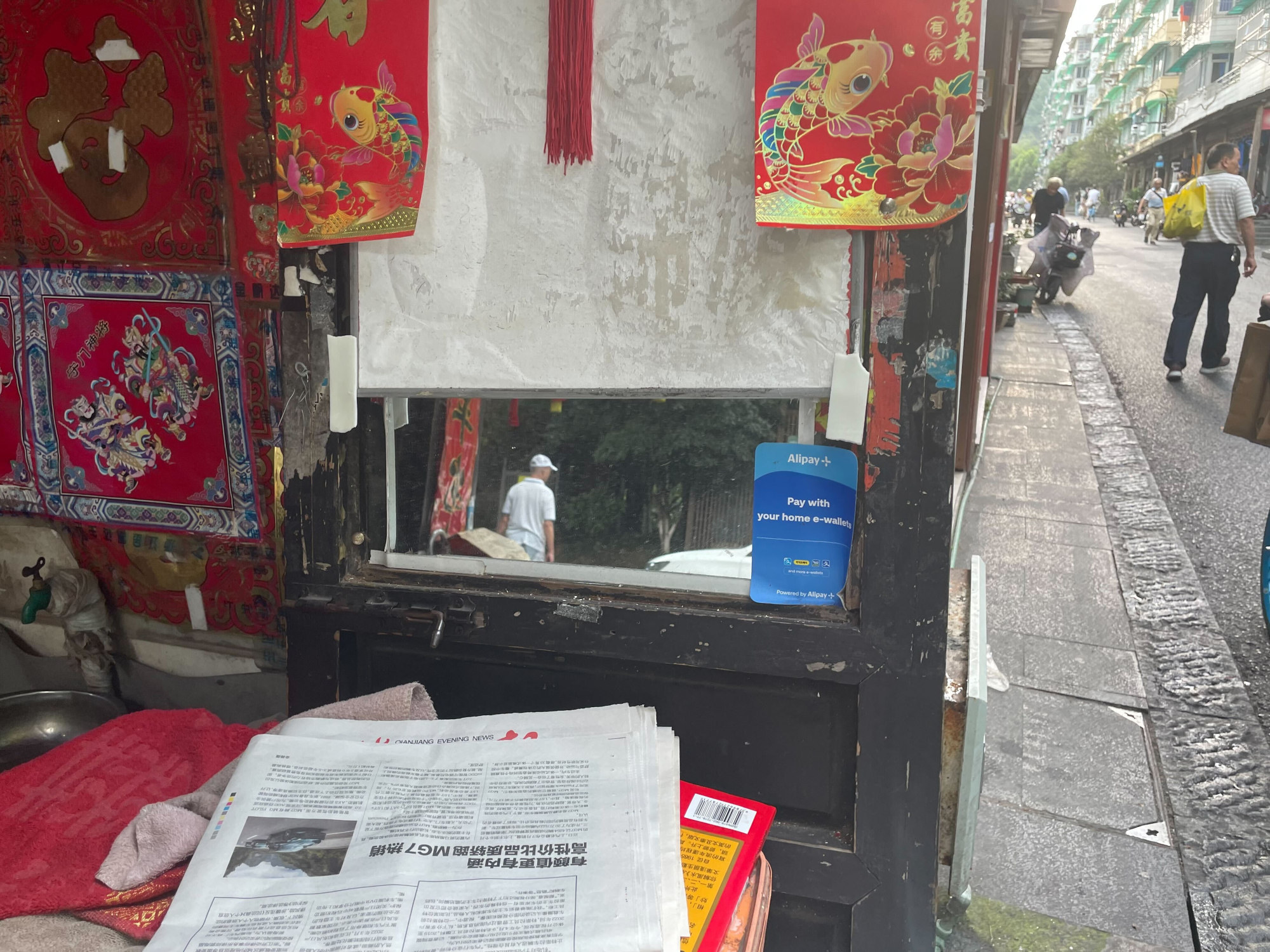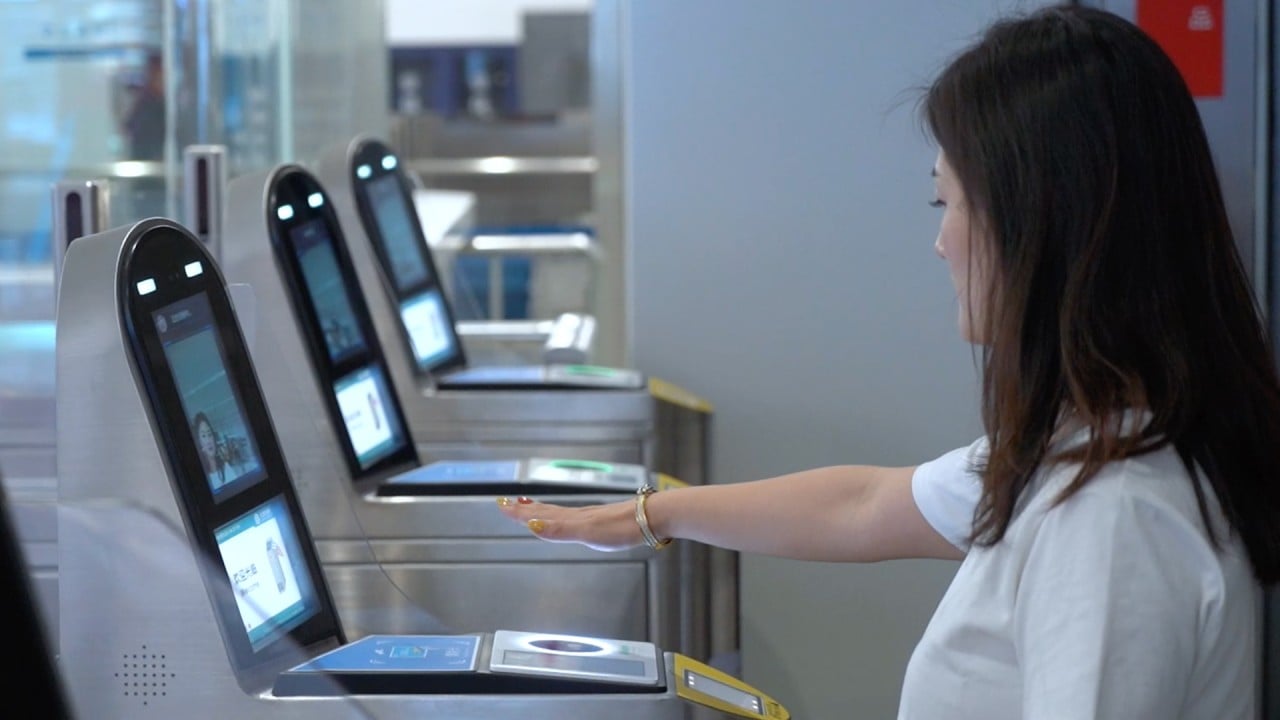
Fintech giant Ant Group, back in Beijing’s good graces, uses Alipay+ to burnish Hangzhou’s tech image for Asian Games
- The fintech affiliate of Alibaba is expanding support to several Asian e-wallets through its Alipay+ service to smooth travel to its home city
- After its IPO was quashed in 2020, Ant is now a central pillar in the government’s effort to rally Big Tech to help the economy’s post-Covid recovery
“I put this notice on the wall one or two months ago after [Ant employees] came to the store and introduced this to me,” said Wu Linfeng, a 64-year-old who runs a street stall selling local Hangzhou food on Zhongshan South Road in the city centre. “Foreign visitors can just scan and pay.”
Ant Group’s Alipay widens support for Visa, Mastercard, other major credit cards
Beijing once hailed China’s Big Tech firms like Alibaba and Tencent as part of a long tradition of innovation in the country that includes inventions like gunpowder and the compass. However, an abrupt shift in policy three years ago cast a pall over the tech industry.
The crackdown eased at the end of 2022 as Beijing again shifted its attention to economic growth, hoping Big Tech could help the country recover from strict zero-Covid policies that had curbed a lot of commercial activity.

Ant’s latest efforts in Hangzhou are illustrative of how tech giants are starting to spread their wings again. Wu, the merchant, said Ant employees had stopped by her stall at least two or three times to promote Alipay+.
The connection between Ant and Hangzhou runs deep. In May, the fintech firm and the municipal government signed a wide-ranging collaboration that is expected to speed up the city’s digital transformation.
The Asian Games marks one of the most important events for the Hangzhou government in recent years. The city, which had just three subway lines when it won its bid in 2015 to host the games, now has 12 lines running throughout the city.
Fu Lu, director of cross-border business in Greater China at Ant’s International Business Group, said the company’s support for the games comes mainly through facilitating services and payments. “Now that we already have supported local wallets from Malaysia, South Korea and Hong Kong, under instruction and support from the central bank, we are aiming to support 10 digital wallets before the Asian Games kick off,” Fu said in an interview last week.
Visitors coming from a country that does not have an e-wallet connected through Alipay+ can download the mainland Alipay app and connect their home bank cards to the app, Fu added.
In addition to expanding payment options, some shops see the Ant’s new services as helping them modernise in other ways. Florasis, a beauty brand known for its cosmetics, set up the Alipay+ service for its flagship store near West Lake.
“For us, the set-up cost is very low,” said Kun Ni, the head of branding at Florasis. “It’s also a good tool for us to do cross-border marketing. For example, sales information can be sent through the app.”


